Ngā whakamātautau me ngā tātaritanga
Testing & analysis
From investigating food contamination to identifying the pathogens that cause disease, ESR scientists undertake a range of testing in our accredited laboratories across the country.
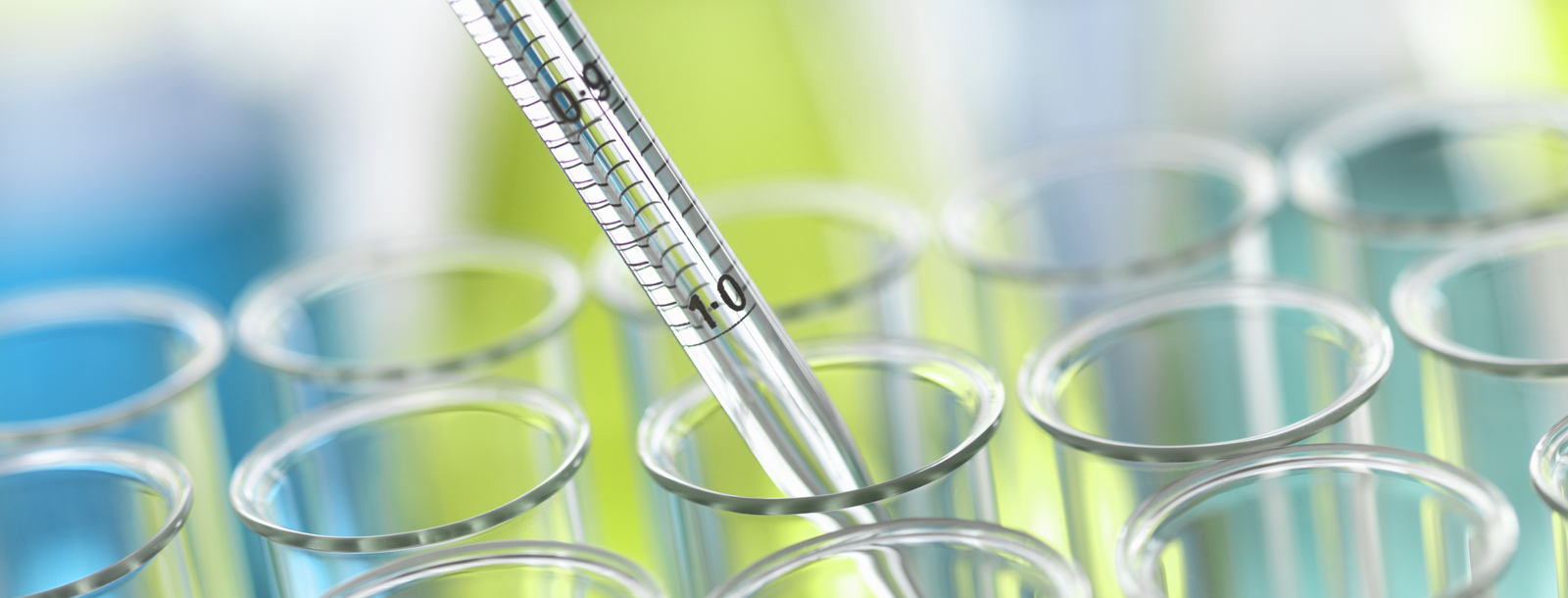
About
We carry out a wide range of testing to make sure the water we consume is safe, to detect sources of contamination in food, to ensure levels of radioactivity are compliant, to test for drugs and alcohol, to confirm diagnoses of communicable diseases and more.
Laboratory test catalogue
If you know what you need, search our catalogue of test forms by keyword, laboratory or even test name.
About our health laboratories
Find the details of ESR's national reference laboratories for strain identification and epidemiological typing.
Public health
Public health
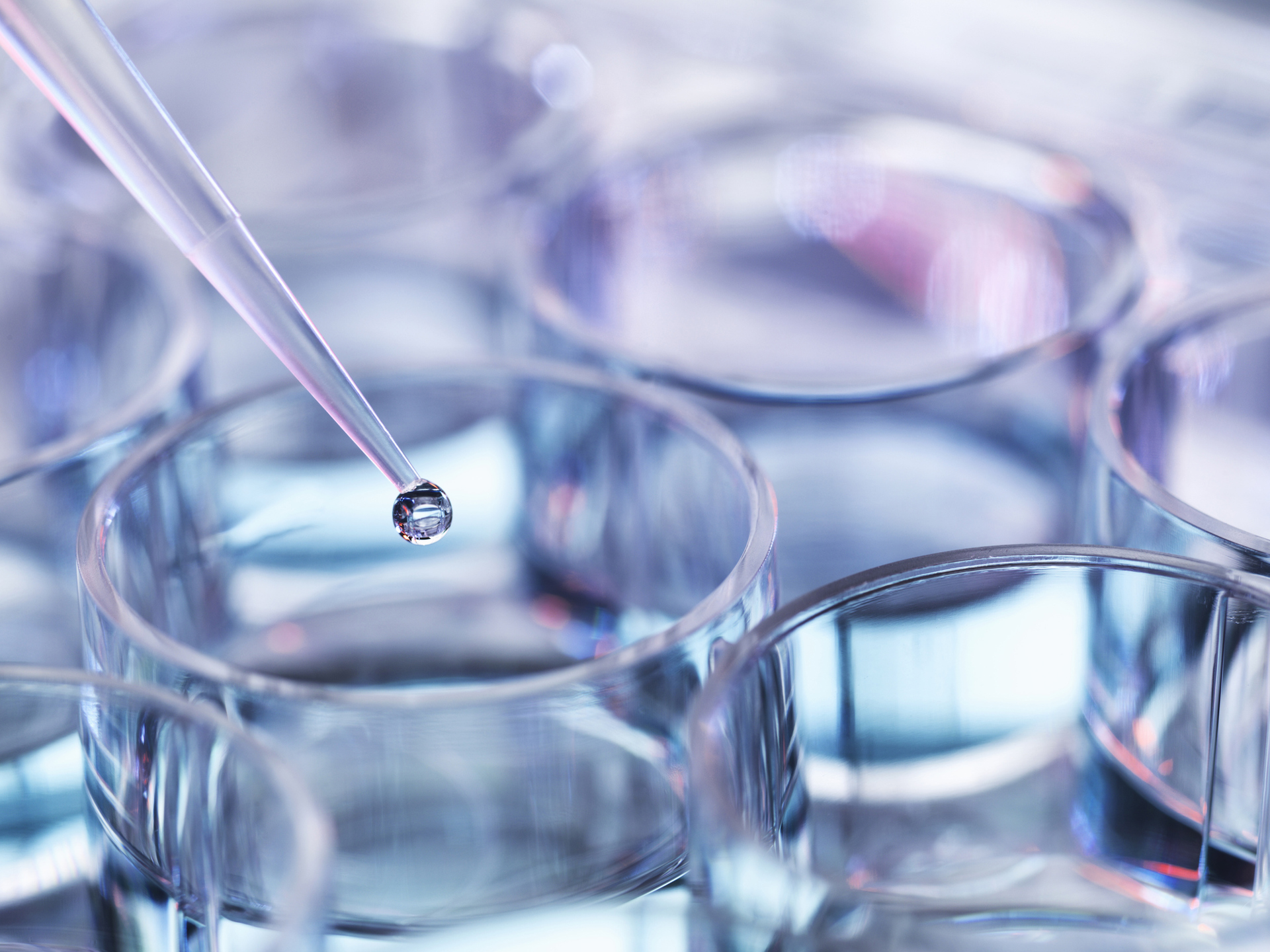
Disease monitoring and surveillance services, supported by laboratory testing, inform decision making to improve public health and allocate appropriate health resources.
ESR scientists leverage existing disease data and perform additional reference level laboratory analysis to inform disease surveillance, perform further characterisation, evaluate vaccine effectiveness and enhance outbreak management. This work focusses primarily on notifiable diseases and other pathogens of significance in a ‘One Health’ approach. Aggregated data is published in our Digital Library and various public dashboards and used to inform public health decision making.
Our microbiological public health reference laboratories are accredited under relevant international (ISO) medical and environmental testing standards, and submitted samples need to be packaged in IATA UN3373 compliant packaging.
Our teams have an important role monitoring international disease risks, participating in the preparation for emerging disease threats to public health, and evaluating the use of new technologies for the benefit of the New Zealand public.
ESR’s local and international research collaborations ensure we stay relevant and effective.
Single human source specimen test request form
Non-human single specimen test request form
Clinical Virology Laboratory (Wallaceville Science Centre) Test Request Form
COVID-19 wasterwater testing collection test request form
Referral of clinical specimens for microbiological analysis test request form for use by public health staff
Influenza surveillance specimen test request form
Nosocomial Infections Laboratory multiple isolate referral test request form
Food & product safety
Food & product safety

Our expertise spans bacterial, viral, chemical, physical and radiological hazards in food and we can identify exactly what is in your food.
We provide a comprehensive range of food testing services for consumers, manufacturers and exporters. We can carry out quantitative chemical tests; we can test unidentified samples - for example a piece of foreign matter from a food product; and we can test for bacterial intestinal pathogens or indicators in food.
Food chemistry
We have IANZ accreditation for “instrumental” and “non-instrumental” techniques for rare and unusual tests, which allows us to deliver accredited reports for non-standard analysis. With access to a broad range of International Gold Standard tests, we find out how, where and when food contamination happened as well as identifying the type of contaminant in food and its source. Our Green Channel™ food testing services provide New Zealand food exporters into China with assurance that their products meet the quality and safety requirements of the Chinese authorities.
Use the food chemistry sample submission form linked below when you want a quantitative chemical test done using a well-defined, IANZ-accredited analytical method.
Food forensics
We carry out food forensic investigations to determine where and when food contamination has occurred, identify the type of contaminant and its source, and identify foreign taints and odours and their source. We can also verify exactly what ingredients are in food.
Food forensics investigations are undertaken for a number of different reasons including consumer safety, industry liability and reputation, regulatory requirements, public relations and product perception. Examples include ensuring that 'low calorie' labels on beer are legitimate and investigating the use of pork in processed meat products in the halal market.
The kind of foreign objects and contaminants we can and regularly do discover include:
-
biological such as parts of or whole insects and animals, blood, plant material, hair, faecal material and natural fibres
-
non-biological such as glass, plastic, metal, minerals, medicines and colourings
Use the food forensics form below when you have an unidentified sample and want us to identify what it is.
Food virology
ESR's environmental and food virology laboratory can analyse shellfish, soft fruits and salad greens for foodborne viruses. We provide advice on noroviruses and other enteric viruses, recovery and quantitation methods, identification of viruses from food samples, and advice on general food virology topics.
Use the food microbiology analysis form for samples to be tested for bacterial intestinal pathogens or indicators: this is essentially looking for food poisoning bacteria or indicators associated with poor food hygiene for submitting samples. . Please contact the lab before samples are shipped to ESR.
You might request this type of testing following incidents of suspected food poisoning, for testing of imported foods to ensure they do not contain certain pathogens, or in cases where a food safety or food quality incident is known or suspected to have occurred.
STEC testing for the meat industry
ESR plays a critical role in the meat export market by assisting with the clearance of meat exported to international markets. Our Enteric Reference Laboratory is accredited by IANZ to undertake the international reference level confirmation and characterisation for the pathogenic group known as the "Top 7" E. coli groups, at standards that are demanded by the United States and other countries. The single specimen request for Meat Enrichment broth form is for confirmatory testing that categorically shows whether the product meets these standards.
Pharmaceutical testing
ESR’s Pharmaceutical team provides independent analytical services to clients from a range of sectors including local manufacturers and importers, biotechnology companies, and government clients. We perform chemical, physical and microbiological testing of medicines, cosmetics, natural health and other therapeutic-like products, and we provide a secure, dedicated Stability Facility for product stability storage and testing of expiration dates. We are the primary provider of therapeutic product testing for the Ministry of Health (Medsafe) as part of its role in the continuous monitoring of the safety of medicines on the New Zealand market.
ESR’s Pharmaceutical programme is certified by the Ministry of Health (Medsafe) in compliance with the New Zealand Code of Good Manufacturing Practice (GMP) and the international Pharmaceutical Inspection Co-operation Scheme (PIC/S).
Food chemistry sample submission test request form
Use the food chemistry sample submission form when you want a quantitative chemical test done using a well-defined, IANZ-accredited analytical method.
Food forensic investigation test request form
Use the food forensic form for identification of unidentified samples, for example a piece of foreign matter from a food product or process line, or an unidentified bad odour or flavour in food. This testing process is also used by the Physical Evidence team for the identification of and intelligence relating to foreign objects in food products.
Food microbiology analysis sample submission test request form
Use the food microbiology analysis form for samples to be tested for bacterial intestinal pathogens or indicators. You might request this type of testing following incidents of suspected food poisoning, for testing of imported foods to ensure they do not contain certain pathogens, or in cases where a food safety or food quality incident is known or suspected to have occurred.
Food export certification (radiation-free authentication) test request form
Use this form to obtain a certificate for goods that are of 100% New Zealand origin without testing a sample for radioactivity content. For any goods containing imported components a sample must be tested for radioactivity content before a certificate can be issued. Some countries may also require testing of a 100% New Zealand product.
Radiation testing of food test request form
Single specimen request for Meat Enrichment broth test request form
Water & Environment
Water & environment
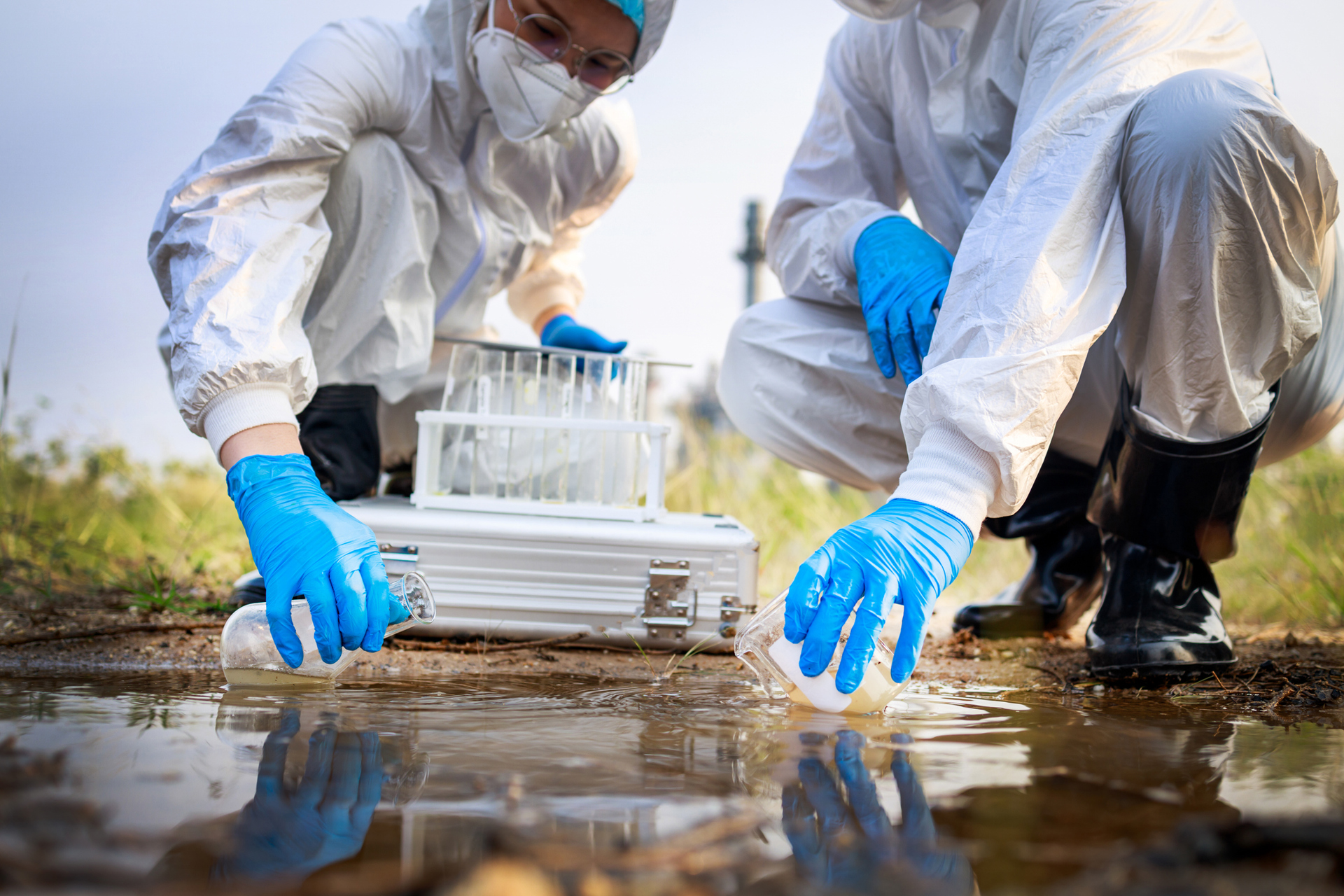
We detect and identify a range of waterborne pathogens as well as identifying their source and contaminant pathways.
We can identify a range of waterborne pathogens within a water sample and can link the bacteria to those found in another source such as cattle, sheep or poultry. Using sequencing facilities on-site we can determine the complete picture of microbes present in a water sample and the impact of activities, such as discharges, on the health of the microbial community present. We can also undertake general analysis of the quality of drinking water, groundwater and wastewater.
Our water quality testing services include:
-
analysing the health status of drinking-water supplies
-
water evaluation and testing
-
identification of waterborne pathogens, including during waterborne outbreak investigations
-
regional and national assessments of groundwater quality
-
groundwater tracer studies to trace contaminant pathways
-
identifying the effects of land use on groundwater quality
-
identify source of faecal contamination of water
-
detection and identification of enteric viruses in environmental water, sewage and biosolids
We can also provide advice on use of viruses for faecal source tracking, identification of viruses from environmental samples, effectiveness of virucidals and advice on general environmental virology topics.
Refer to the IANZ website for accredited tests.
Genomics
Genomics
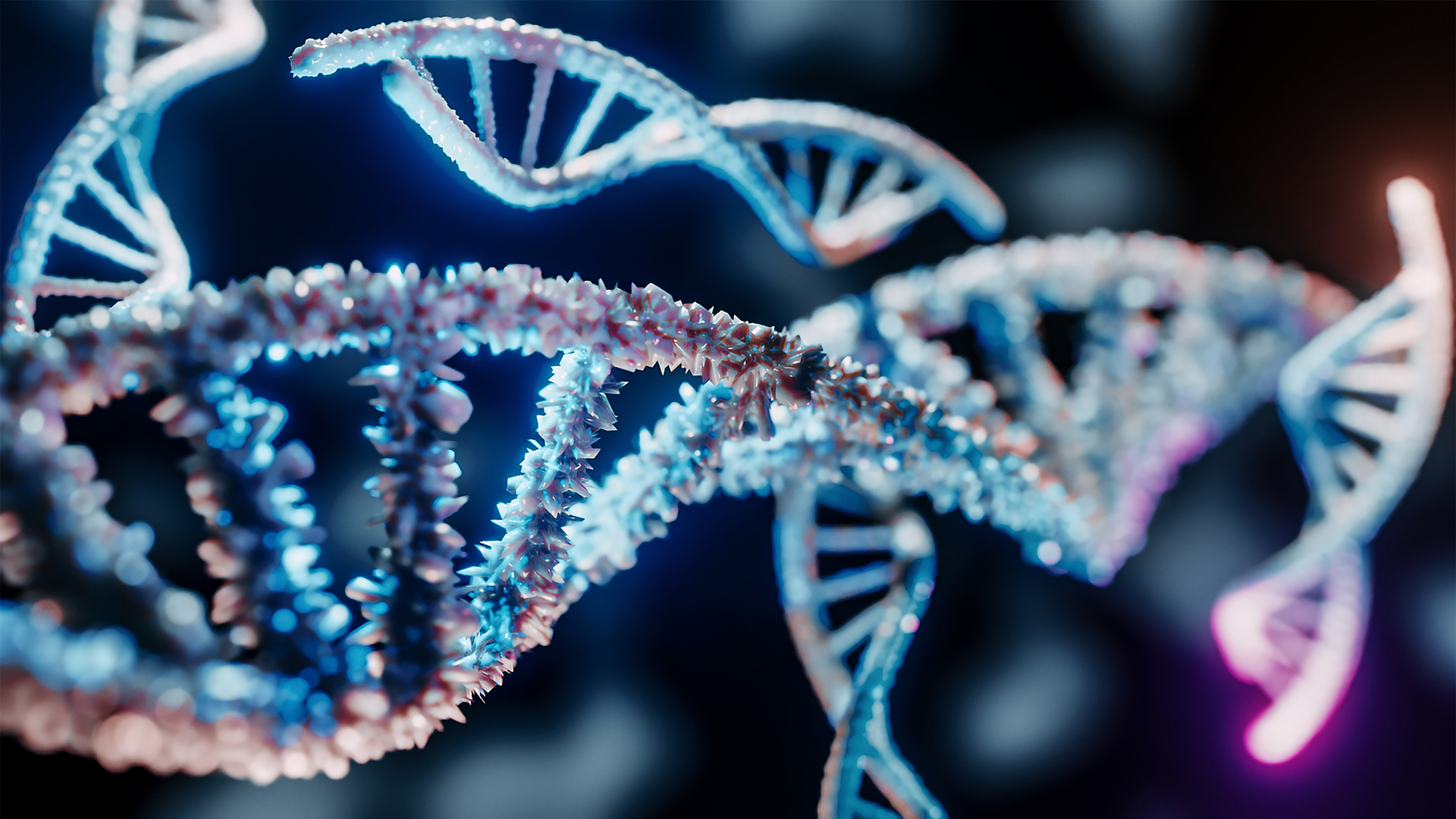
Our genomics expertise identifies and characterises microorganisms from food, health, water and environmental samples.
The presence of unwanted microorganisms can harm health, result in expensive recalls and erode trust in a product or brand. ESR combines state-of-the-art genome sequencing with advanced scientific expertise to identify environmental, food safety and quality issues and help solve complex problems.
We use next-generation sequencing technology to determine the entire DNA makeup of a microorganism, known as the genome sequence. By analysing the genome sequence, we can accurately identify the microorganism and compare the sequence of the microorganism with similar microorganisms of interest (known as ‘subtyping’).
Genome sequencing provides a significantly greater resolution and precision than other conventional methods and can be used to gain further insight into the microorganism.
Radiation science
Radiation science

We can determine radioactivity content in a variety of samples such as food, water, soil, sediment, mining ore and products, biota and air samples.
ESR's specialised Environmental Radiochemistry Laboratory tests a large range of sample types, including food, water, soil, sediment, mining ore and products, biota and air samples. We are accredited to
-
International standard ISO/ IEC 17025 by International Accreditation New Zealand (IANZ)
-
Ministry of Primary Industries Recognised Laboratory Program (MPI RLP)
-
Certified Laboratory within the International Monitoring System of the Comprehensive nuclear-Test-Ban Treaty organisation (CTBTO)
The scope of accreditation includes test methods based on alpha spectrometry, gamma spectrometry and low-background liquid scintillation counting. We ensure our quality by regular participation in proficiency test exercises organised by the Comprehensive Nuclear-Test-Ban Treaty Organisation (CTBTO), the Australian Radiation Protection and Nuclear Safety Agency (ARPANSA), the US Department of Energy (DoE), and the International Atomic Energy Agency (IAEA).
Food export certification
We test for radioactivity in foodstuffs for the export market and monitor imported food products. Certificates are issued for goods that are of 100% New Zealand origin without testing a sample for radioactivity content. For any goods containing imported components a sample must be tested for radioactivity content before a certificate can be issued. Some countries may also require testing of a 100% New Zealand product.
Drinking water
We test for radiological compliance with the Drinking Water Standard for New Zealand (DWSNZ) and overseas drinking water standards. We can test drinking waters for:
-
Gross Alpha and Gross Beta activity concentrations
-
Radon-222
For more information contact ESR's National Centre for Radiation Science: +64 3 351 6019 or email ncrs.environmental@esr.cri.nz
Radiation testing of food test request form
Food export certification (radiation-free authentication) test request form
Use this form to obtain a certificate for goods that are of 100% New Zealand origin without testing a sample for radioactivity content. For any goods containing imported components a sample must be tested for radioactivity content before a certificate can be issued. Some countries may also require testing of a 100% New Zealand product.
Toxicology
Toxicology
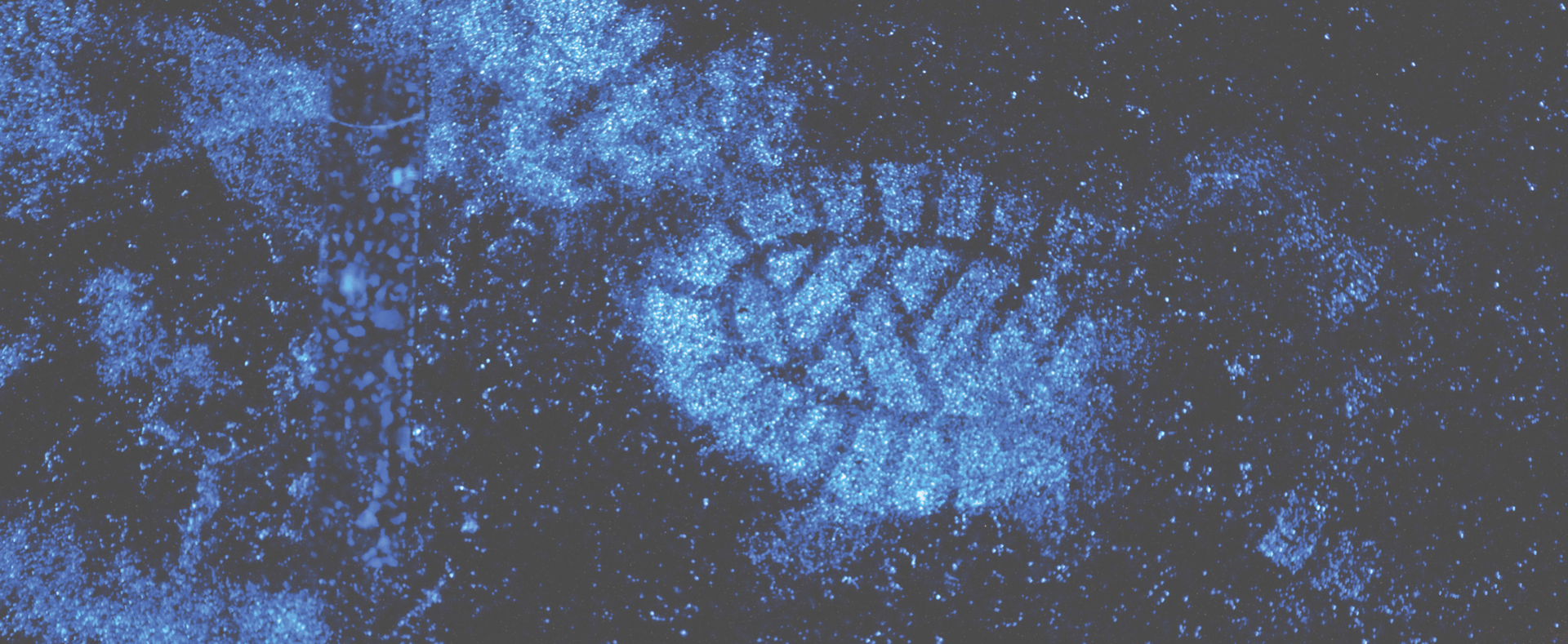
By being able to identify what’s really in a substance and how much someone has consumed, ESR’s extensive drug and alcohol testing services help keep individuals and communities safer.
Our forensic laboratories are accredited by the ANSI National Accreditation Board (ANAB), in the field of forensic science testing, to the international standard of ISO/IEC 17025. ANAB provides accreditation services to public and private sector organisations and is a subsidiary of the American National Standards Institute (ANSI).
Reducing drug harm
Drug Checking service
ESR is one of five Drug Checking Providers licenced by the Ministry of Health. Through this important anonymous service, ESR helps keep people who choose to use substances safer by making information available to them about what's actually in the substances they’re consuming. As part of this ESR experts work closely with partners in the health system and community sector. You can find out more about drug checking on the Ministry of Health website.
Toxicology and Workplace Drug Testing
Our Forensic Toxicology team works closely with New Zealand Police, coroners and pathologists to undertake analyses related to their investigations. When a death or alleged criminal act has occurred, our scientists analyse biological specimens such as blood, urine, liver, and stomach contents, to determine the potential involvement of drugs and/or poisons.
ESR also analyses blood samples taken from drivers suspected of driving while impaired by drugs and alcohol, and can provide an estimate of a blood alcohol concentration at the time of a specific incident.
ESR’s workplace drug testing detects certain drugs (or traces) in urine samples. Our testing may indicate when someone’s ability to carry out their duties safely is compromised, presenting a danger not only to the individual but also potentially to work colleagues and the community.
Having a comprehensive workplace drug testing programme helps employers meet statutory obligations in terms of taking practicable steps to ensure the safety of employees while at work – and protecting the reputation of businesses.
Our procedures are accredited by International Accreditation New Zealand to AS/NZS 4308:2008 ‘Procedures for specimen collection and the detection and quantitation of drugs of abuse in urine’. We can work with clients from any sector or organisation to test for drugs that impair performance including alcohol, illicit drugs and certain legal drugs. You can find out more by contacting wdt@esr.cri.nz.
Illicit drugs
ESR is a trusted provider of drug testing to core agencies including New Zealand Police. Our experts identify drugs circulating in the community, as well as new and emerging substances.
ESR scientists harness the power of wastewater to understand drug usage trends in Aotearoa New Zealand. To date, wastewater testing has been used to measure consumption of illicit drugs including methamphetamine, MDMA, cocaine, heroin, and fentanyl. Insights from the National Drugs in Wastewater Programme are published each quarter on the New Zealand Police website.
Co-developed by ESR and New Zealand Police, Lumi™ Drug Scan is a cutting-edge service that combines the power of a handheld near-infrared device and machine learning models to detect if a sample contains cocaine, MDMA or methamphetamine. The results are displayed in the Lumi™ Analysis app on the law enforcement officer’s mobile phone within seconds, having been compared against thousands of previously scanned samples by ESR and stored securely in the cloud. The results are also compiled in the Lumi™ Analytics Dashboard which shows regional drug-use trends. Find out more at www.lumidrugscan.com.
ESR has developed a Methamphetamine Calculator to help interpret the methamphetamine readings supplied by methamphetamine testing companies. It helps give some perspective to the levels of contamination being observed and the potential cause based on current research. Find out more about ESR's Methamphetamine Calculator.